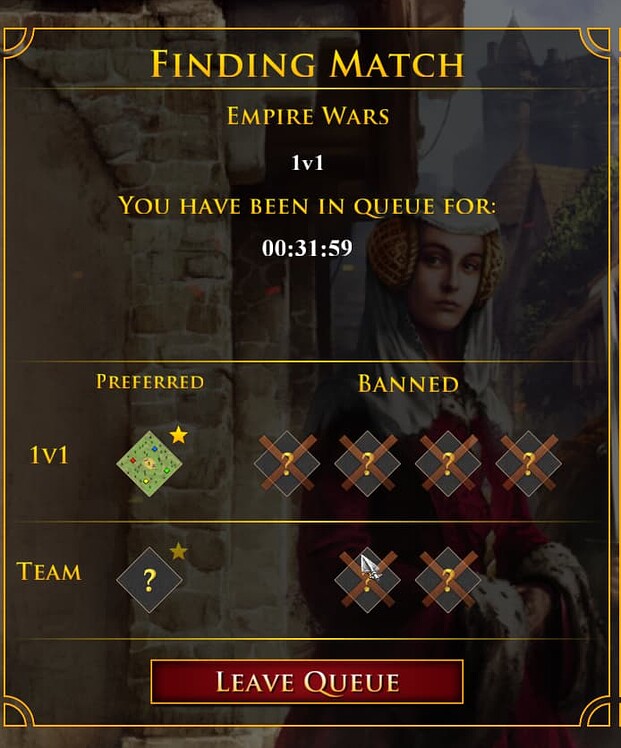
Regardless of your rank, you can queue up with anyone who is part of a five-stack group. If you're queuing up with a premade group of five people, you’re in luck as there are no limitations, making this the most popular way of playing with your friends. These measures were taken by Riot to enhance balanced matchmaking and avoid putting a single player with four-person premade groups, which typically leads to a poor solo gameplay experience and unneeded toxicity. Parties of four playersįour-player parties are not allowed, which makes it unfortunate that a group of four friends cannot queue up to participate. Additionally, players with a rank of Immortal or higher are only permitted to play single, in a pair, or with a preset 5-stack party, not in a party of three. The most notable is the requirement that they only play with players that are among one rank of each other.

Players that are ranked gold or higher are subject to rules that are far more strict, given that it’s easier to abuse parties among better players. Iron and Bronze can play with anyone up to Silver, which means Iron 1 players can play with Silver 3 players as long as the Silver player is the highest-ranking player in the lobby. There are limitations on queuing in groups of two and three in order to provide a fair matchmaking system that matches players of comparable rank and skill level If you’re unranked, on the other hand, you can queue up with players that are ranked up to gold. Every Valorant rank tier contains three sub-ranks, with rank one being the lowest and three being the highest, with the exception of Radiant, which is a separate elite tier for the finest players. Nine tiers of ranks, from Iron to Radiant, make up the current Valorant ranking scheme. Parties of two or three players General information

If you're a new or returning player looking to queue up with some friends, we’ve prepared a perfect article to help you understand the ins and outs of ranked gameplay. Unfortunately, the ranked system in Valorant can often be perplexing in nature and hard to comprehend, especially since different rules apply to parties of different sizes. This means that penalties from normal queues will carry over to Ranked queues and may result in harsher penalties.In recent times, Valorant has quickly established itself as one of the most popular and captivating multiplayer games, mostly because of its eSports-like competitive nature. Ready Checks penalties from any queue affects the entire account. Each subsequent miss increases the length of the timed queue ban and imposes a 10 LP penalty.The penalty is increased to 10 LP for continuing to miss Ready Checks.Declining or missing the Ready Check too many times in a Ranked queue will result in a 6 minute ban from all queues and a loss of 3 LP.In order to prevent abuse, missing a Ready Check too many times results in a timed queue ban, as well as an LP loss in Ranked queues. When a matchmaking system finds suitable opponents, all participating players will be subject to a "Ready Check" where they must confirm their availability. You will lose LP in any positions for which you've already placed. If you're in an ARAM game where somebody else dodges, your spent rerolls for that game will be refunded.įailing to 'lock in' pick/ban in the Solo/Flex Ranked Queue will result in a dodge. If you dodge in ARAM, you will not be refunded any of the rerolls you used in the game.

If a player dodges in a normal game and then dodges in a ranked game, the penalty for the ranked dodge will be the same as if there were two dodges.
#Tft long queue times series#
If you dodge the final game of a series, it will count as a loss and the series will end. Your dodge-penalty tier will automatically decrease by one tier every 12 hours.ĭodging in any promotional series will count as a loss. Please find the list of penalties below: Penalties Queue When one player dodges, the remaining players on both teams are placed back into the matchmaking queue and the leaving player suffers a penalty depending on the game queue they are currently in. Queue dodging happens when a player in champion select decides to leave the lobby for any reason. Life happens! But whether you’re handling an emergency or you just can’t bear facing Teemo again after a string of brutal mushroom-related defeats, the penalties for queue dodging are always the same, and you should know what you’re getting into. And while we’d rather players not leave during Champ Select, we get it. The closer it gets to game time, the greater that commitment becomes. Every time you hit the Play button, you’re entering an unspoken agreement with nine other players to set aside the next hour or so for some good ol’ fashioned League shenanigans.


 0 kommentar(er)
0 kommentar(er)
